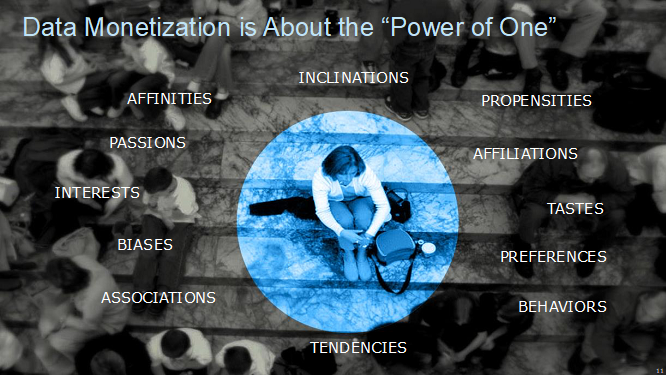
La información genómica, las pruebas clínicas, los expedientes médicos electrónicos, los estudios de investigación y los resultados de las investigaciones pueden derivar en descubrimientos relevantes y apoyar a las autoridades sanitarias para tomar mejores decisiones. Como muchas otras disciplinas tecnológicas, la analítica se está aprovechando para hacer frente a las




